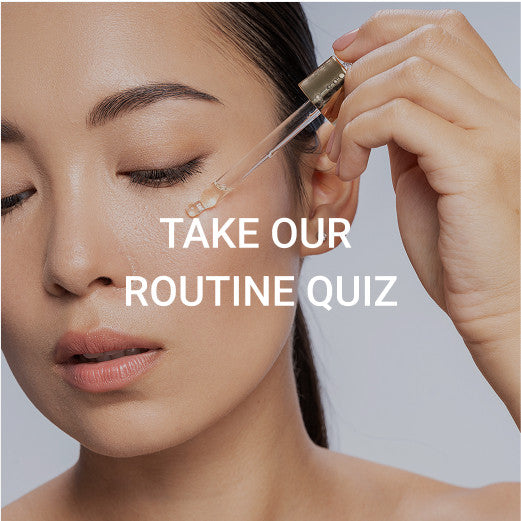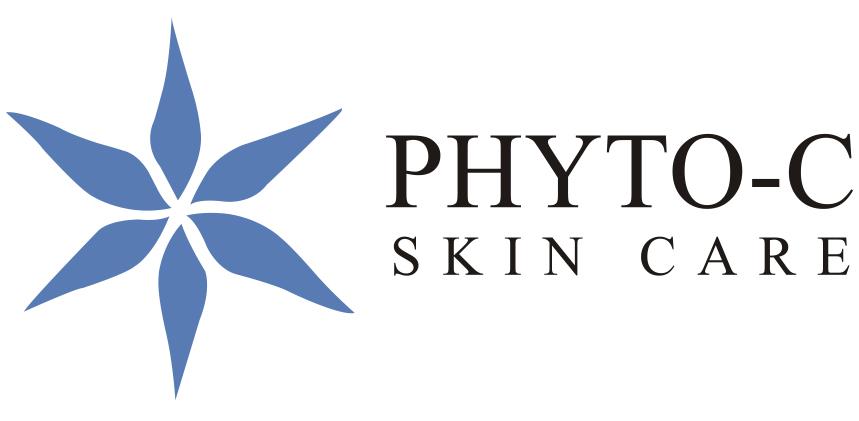If there’s one skincare product that truly earns its “miracle in a bottle” reputation, it’s Vitamin C face serum thanks to its numerous benefits. Loved by dermatologists, skincare enthusiasts, and beauty experts alike, this powerful antioxidant brightens, firms, and protects your skin in ways that few other ingredients can. But how exactly does it work?
When you apply the skin serum, it doesn’t just sit on the surface. It gets to work beneath the layers—repairing, protecting, and giving your cells a new life. It shields your skin from damage caused by pollution, sunlight, and stress while supporting collagen production for firmness and elasticity.
Whether you’re looking to fade dark spots, reduce wrinkles, or simply achieve that lit-from-within glow, understanding how these serums works on your skin will help you get the most out of this powerhouse ingredient. Let’s dive deeper into the science and benefits of using it.
The Science of Vitamin C on Skin
Vitamin C—scientifically known as ascorbic acid—is a potent antioxidant that neutralises free radicals. These harmful molecules are caused by pollution, stress, UV rays, and even poor diet. Over time, they damage skin cells, speed up ageing, and dull your natural glow (an absolute no-go).
When applied topically, Vitamin C facial serum penetrates the skin’s upper layers, where it helps repair and protect at a cellular level. It supports collagen synthesis (the protein responsible for firm, elastic skin) and blocks excess melanin production, which helps fade dark spots and even out your complexion. This is the secret behind that signature Vitamin C “glow.”
How Does Vitamin C Serum Help Your Skin?
You can think of it as your skin’s daily defence and repair tool. It shields against oxidative stress, helps regenerate damaged cells, and promotes a smoother texture over time.
Vitamin C also works synergistically with your sunscreen—reducing the effects of sun exposure and minimising pigmentation caused by UV damage. With consistent use, you’ll notice your skin looking more radiant, hydrated, and youthful.
A Boost for Collagen and Elasticity
One of Vitamin C’s most remarkable functions is its ability to boost collagen production. Collagen is the structural protein that gives your skin firmness and bounce. Unfortunately, as we age, our body naturally produces less of it, leading to sagging and wrinkles.
This is where Vitamin C steps in—it activates the enzymes that build collagen fibres, helping your skin look tighter and smoother. That’s why many people use vitamin C serum for wrinkles and fine lines as a daily treatment. Over time, it softens visible creases, improves elasticity, and gives your face a fresher, more youthful look.
Works Wonders for All Skin Types
Many people assume Vitamin C is only for dry or ageing skin, but that’s far from true. If you have oily or combination skin, using a vitamin C for oily skin can actually balance sebum production and prevent clogged pores.
Lightweight, water-based formulas absorb quickly without feeling greasy. They help control shine while still delivering all the antioxidant benefits. So, whether your skin is oily, sensitive, or dry—Vitamin C can adapt beautifully to your needs.
Timing Matters: When is The Best Time to Apply Vitamin C Serum
The answer depends on your skincare goals, as applying it in the morning acts like a shield against pollution and UV rays, enhancing your sunscreen’s effectiveness. Using it at night, on the other hand, helps your skin repair and recover while you sleep. Either way, consistency is the secret to seeing results.
Just apply a few drops of your Vitamin C serum for face onto clean, slightly damp skin before moisturiser. With daily use, you’ll notice visible improvements within a few weeks.
What Happens Beneath the Surface?
Once you apply a Vitamin C face serum, it immediately starts working beneath the surface. It penetrates the epidermis and interacts with your skin’s natural enzymes to strengthen the barrier and speed up cell turnover. This helps fade acne scars, smooth out uneven texture, and restore that healthy, youthful bounce.
Vitamin C also improves microcirculation—ensuring that your skin receives the oxygen and nutrients it needs to stay radiant. That’s why after a few days of use, your complexion often appears brighter and more even-toned.
Choosing the Right Serum for You
With so many options on the market, you might be asking yourself, which Vitamin C serum is best? The ideal one depends on your skin’s unique needs.
For beginners, a 10–15% concentration of L-Ascorbic Acid works well. If your skin is sensitive, you can go for other gentler derivatives as advised by your dermatologists. Packaging also matters—choose dark, airtight bottles to prevent oxidation and maintain potency.
Vitamin C Skin Serum: The Long-Term Payoff
When used consistently, a good Vitamin C skin serum transforms your complexion from within. It reduces the appearance of sun damage, restores firmness, and gives skin a luminous glow that makeup can’t replicate.
Many users report that their dark spots fade significantly, and fine lines become less noticeable within a month or two. It’s not an overnight miracle—but it’s one of the few skincare ingredients scientifically proven to deliver lasting results.
Why Your Skincare Routine Needs Vitamin C?
Adding Vitamin C to your daily skincare lineup is one of the smartest beauty decisions you can make. It works on multiple fronts—brightening, firming, protecting, and renewing your skin simultaneously.
Incorporating a high-quality Vitamin C facial serum ensures your skin gets the antioxidant defence it needs against modern environmental stressors. And when paired with a hydrating moisturiser and sunscreen, it becomes your ultimate formula for youthful, glowing skin.
Why Vitamin C Works Wonders
Let’s break down how this magical ingredient works:
- It stops oxidative stress caused by UV rays, pollution, and toxins that accelerate ageing.
- Stimulates collagen production to firm and smooth your skin.
- Inhibits melanin to fade dark spots and acne marks.
- Improves skin cell renewal, leaving your complexion brighter and more even.
- Reinforces your skin’s natural defence against environmental damage and dehydration.
With regular use of a Vitamin C face serum, these effects combine to deliver long-term transformation—healthy, glowing skin that looks naturally youthful and refreshed.
Final Thoughts
Understanding how Vitamin C serum works on your skin is the first step toward unlocking its full potential. It doesn’t just sit on the surface—it actively transforms your skin at the cellular level. From fighting oxidative stress to stimulating collagen, every drop works like a mini shield and repair treatment.
So whether you’re dealing with dullness, pigmentation, or early ageing, trust in the power of Vitamin C. Your skin will thank you with brightness, smoothness, and confidence that shows.
And for those seeking visible, professional-grade results, try Phyto-C Skincare’s high-potency Vitamin C serum—a blend of science and luxury that truly brings out your skin’s natural radiance.
FAQs:
1. Can I use Vitamin C serum every day?
Yes, you can! In fact, daily use enhances the Vitamin C benefits for skin. Applying serum every morning helps protect your skin from free radicals, pollution, and UV damage. If you have sensitive skin, start with a lower concentration and increase gradually as your skin adapts.
2. Can I layer Vitamin C serum with other products?
Absolutely. Vitamin C works best when applied after cleansing and before moisturiser or sunscreen. You can pair it with hydrating serums or hyaluronic acid. However, avoid using it with strong exfoliating acids or retinol at the same time to prevent irritation.
3. Does Vitamin C work on dark spots and pigmentation?
Yes! Vitamin C inhibits melanin production—the pigment responsible for dark spots. Regular use fades acne marks, sunspots, and uneven patches. You’ll notice your complexion becoming brighter and more even over time, especially when combined with sunscreen during the day.
4. Is Vitamin C suitable for oily or acne-prone skin?
It is considered that using a vitamin c serum for oily skin helps regulate sebum production and minimises acne-related inflammation. Choose lightweight, water-based formulas that absorb quickly without clogging pores. It also helps heal post-acne marks and prevents dullness caused by oil buildup.
5. How long does it take to see results from Vitamin C face serum?
Results vary depending on your skin type and consistency, but most people notice visible improvement within 3–6 weeks. Your skin will gradually appear brighter, smoother, and more even-toned. Long-term use ensures lasting protection and youthful, radiant skin.


 My Account
My Account Our Story
Our Story Shipping Information
Shipping Information Returns
Returns FAQ
FAQ VIP Rewards
VIP Rewards Contact Us
Contact Us

 Next Post
Next Post